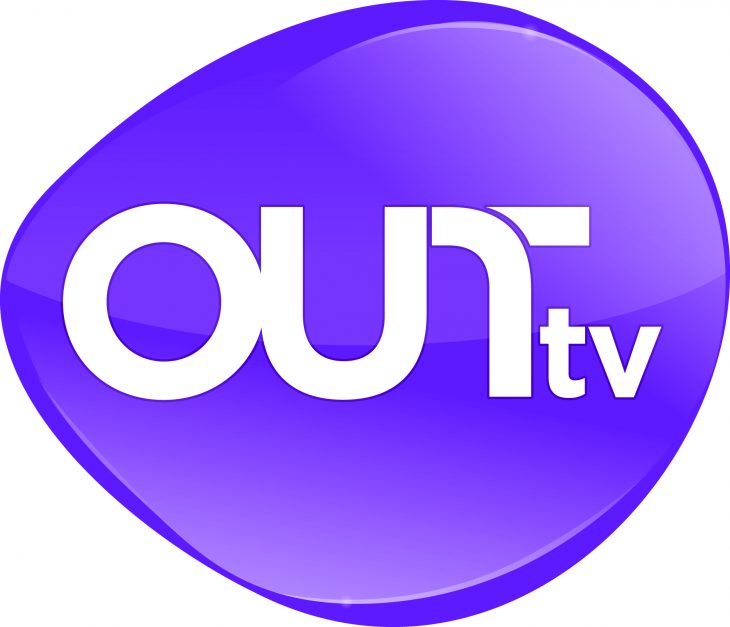
GATINEAU – OUTtv, Canada’s only specialty service dedicated to LGBTQ2+ communities, submitted a letter to the CRTC this week, replying to interventions submitted on its licence renewal application and calling out Rogers and Bell for using double-standards.
“Regrettably, while claiming to support OUTtv’s service, programming and mandate to serve and reflect LGBTQ2+ communities, both companies are opposed to OUTtv’s request to ensure that OUTtv is widely offered to Canadians and properly compensated by a fair and adequate wholesale fee,” the letter reads.
OUTtv’s renewal application requests a distribution order that would require Broadcasting Distribution Undertakings (BDUs) to carry OUTtv both on a stand-alone basis and on each BDU’s best available discretionary package consistent with the service’s theme, programming and language, which is defined as a pre-selected package that achieves a minimum of 50% subscriber penetration, or if no such package exists, on the pre-selected package with the highest penetration. In cases where the BDU does not offer pre-selected packages, OUTtv should be provided on the highest penetration theme package consistent with the service’s theme, programming and language, according to the application.
OUTtv’s application included a proposed rate card, which outlines the maximum wholesale fee it would be able to charge per subscriber based on subscriber penetration percentages (see explanation below).
These requests fall under the CRTC’s power to grant as per section 9(1)(h) of the Broadcasting Act, which gives the CRTC the power to require authorized BDUs to, under conditions set by the Commission, carry specific programming services. OUTtv made the case for its proposals by highlighting the fact that, while it plays an essential role in Canada’s media system, accurately representing an underrepresented group, it is only distributed to 8% of BDU households, according to a letter filed in 2020 in response to CRTC questions connected to OUTtv’s licence renewal.
“We have simply asked for an opportunity to be found, to have presence in large packages that already include dozens of domestic services featuring content not referenced in official Broadcasting Policy (many of which are owned and controlled by the BDUs), to have presence in large packages that include foreign networks that make no contribution to the Canadian broadcasting system,” OUTtv stated in the 2020 letter.
Nevertheless, both Rogers and Bell (but no other BDUs) objected to these requests in their separate interventions.
“Perhaps the most frustrating part of reading the Rogers and BCE interventions is that these particular BDUs understand the need for 9(1)(h) carriage protections and have not hesitated to seek these protections for their own services,” OUTtv’s letter from this week reads.
In its intervention, Bell stated: “it is our view that OUTtv is attempting through its licence renewal to impose a new deal with BDUs, one without negotiation. In effect, this is total wholesale regulation without mandatory carriage in basic, something that the Commission eliminated over 12 years ago, and is something we oppose for a non-mandatory discretionary service which is up to the consumer to order.”
OUTtv replied to this objection by pointing to Bell’s application for a 9(1)(h) licence in 2017 for a channel it called OTV, which would have been a national, multilingual discretionary service and was proposed as a service that would be dependent on mandatory distribution with a wholesale rate of $0.25 per subscriber, per month. OUTtv’s proposal, in contrast, does not ask for 100% subscriber penetration, and includes wholesale rates which, for BDU’s offering it in packages with 50% subscriber penetration, would be set at $0.20, a price that would fall in cases where subscriber penetration is higher. “It is a strange argument, indeed, to suggest that the OUTtv proposal should be rejected because it would allow BDU packaging flexibility and recognize consumer choice, as opposed to no flexibility or opportunity for choice at all,” OUTtv stated in its reply.
Rogers, in its own intervention on OUTtv’s licence renewal, stated the company “opposes the specific packaging and minimum revenue guarantee set out in the proposed rate card.” Rogers put forth the argument that “not only is OUTtv Network asking for something that is inconsistent with the Commission’s regulatory policies, but it is also proposing commitments that do not serve to justify these privileged distribution terms.”
Rogers has OMNI Regional and is a part owner of CPAC, which both are required to “be provided to 100% of the BDU base, at an increasing set wholesale rate,” states OUTtv’s reply. “Our proposal, by contrast, is flexible and provides the BDU with an array of possible solutions. Solutions, we add, that have already been provided to their own services in different situations.”
OUTtv further notes that, while Rogers claims OUTtv’s proposal is unprecedented and therefore should not be approved, Rogers itself has previously asked the CRTC to make an unprecedented decision in its OMNI Regional proposal, which asked the Commission “to take a struggling over-the-air ethnic station, which is not allowed to have a wholesale fee, convert it into a discretionary service thereby allowing wholesale fees, atomizing the service into four (4) regional feeds, and then seeking a 58% wholesale rate increase a mere three (3) years later.”
This is not the first time OUTtv has called out BDUs for unfair treatment.
OUTtv’s current licence is set to expire on August 31st after having been administratively renewed on August 6, 2020, due to the pandemic.



